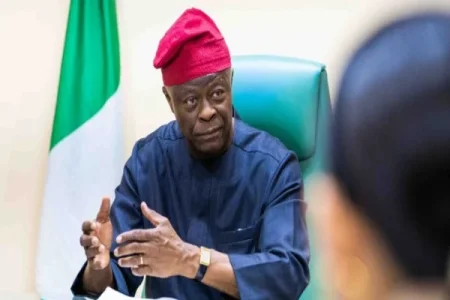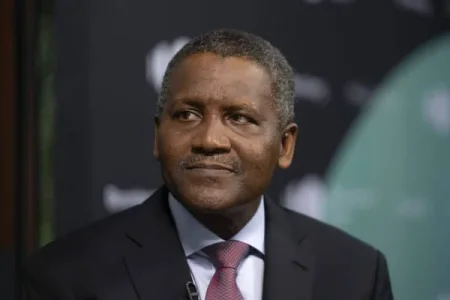
In a pivotal appearance before the House of Representatives Committee on Finance, Finance Minister Wale Edun recommended the implementation of a centralized revenue collection system. Edun asserted that the Federal Inland Revenue Service (FIRS) should spearhead revenue collection not only for itself but also on behalf of other government-owned enterprises, including the Nigeria Customs Service (NCS). The minister's proposal, prompted by a question from committee member Oluwole Oke, considers the possibility of merging FIRS and customs for more efficient revenue collection.
Edun described the centralization as an "innovation" aligned with modern technological advancements and digital tools. He emphasized the need for improvements in revenue generation, collection, and monitoring, suggesting that a centralized point for revenue collection would be more effective.
Addressing concerns about the current tax waiver system, Edun acknowledged the government's review and expressed the possibility of replacing it with a more efficient tax rebate. He highlighted the ongoing comprehensive analysis of incentives, tax exemptions, and duty waivers, aiming for improved fiscal policies.
On the issue of Nigeria's foreign reserves, Edun revealed the government's focus on the substantial cash held by Nigerians outside the banking sector. He mentioned President Bola Tinubu's executive orders to encourage the flow of these funds into the banking sector, contributing to the country's economic growth.




